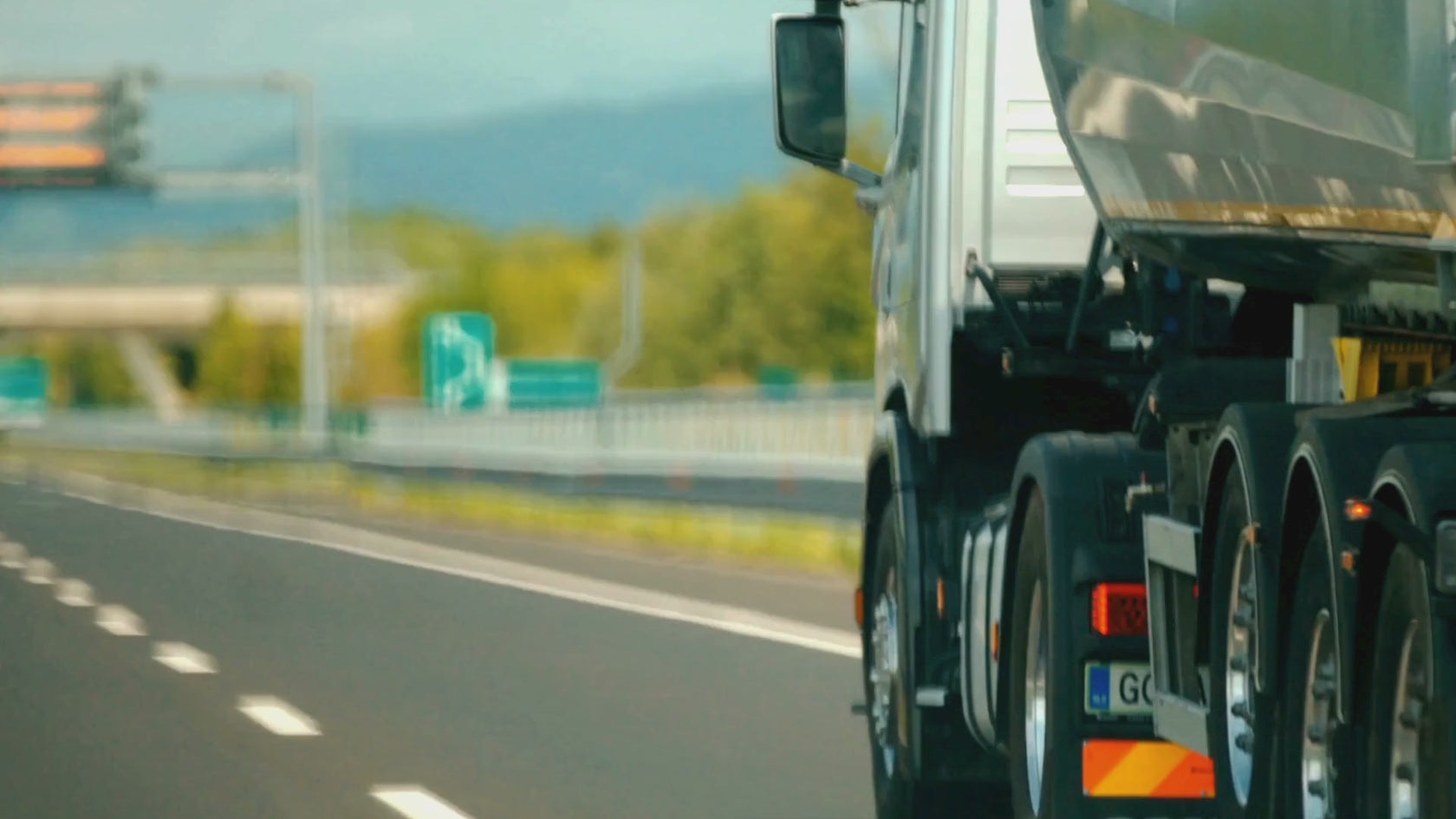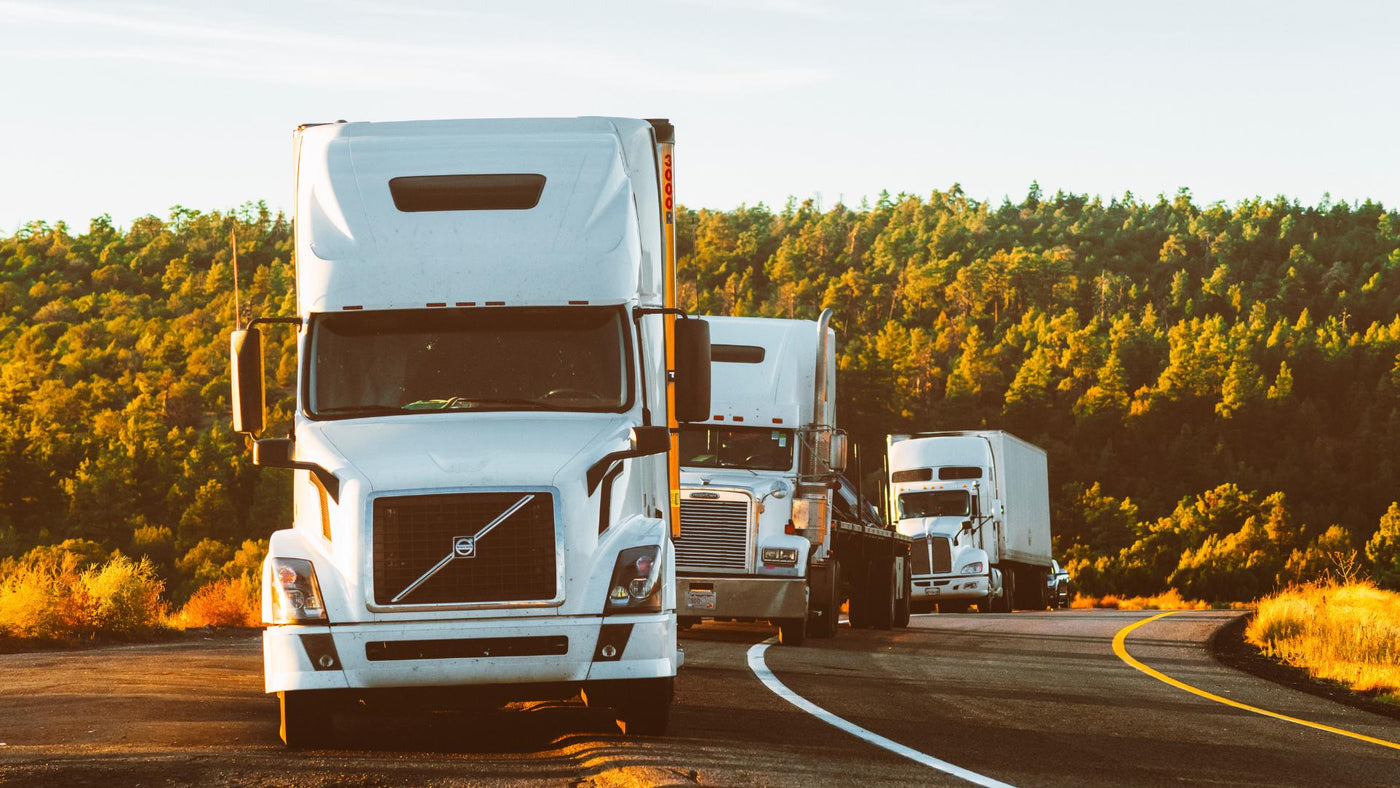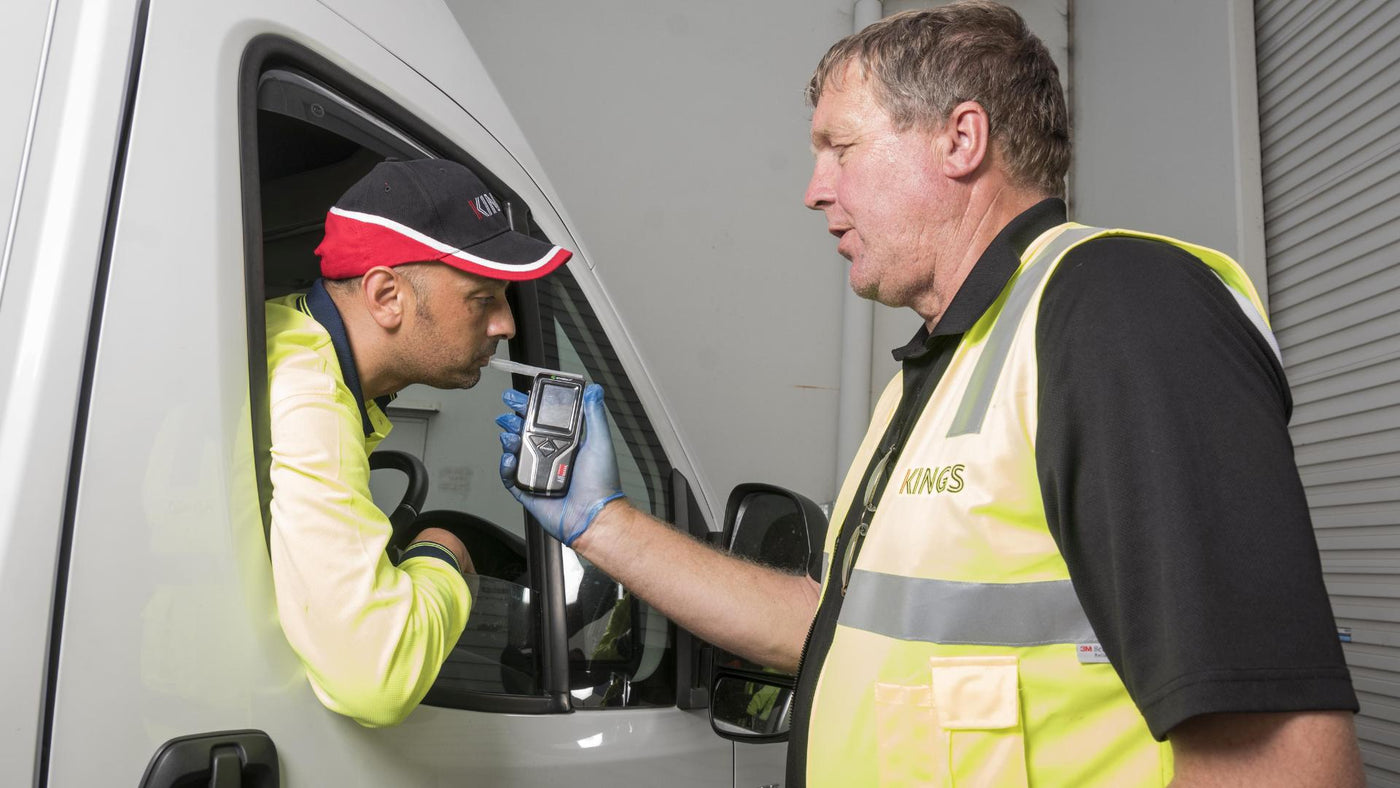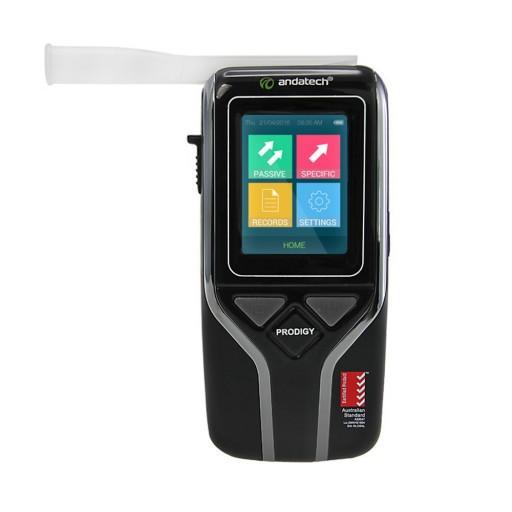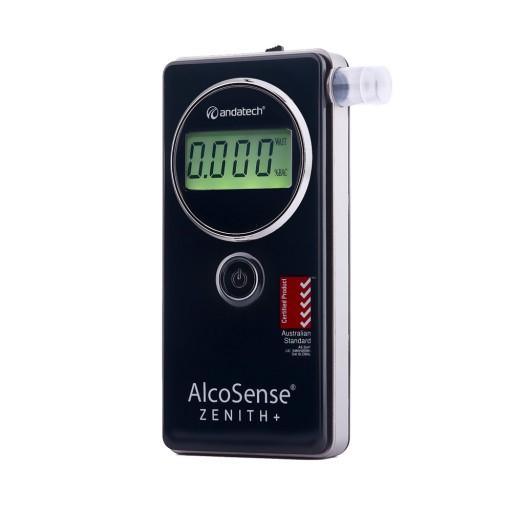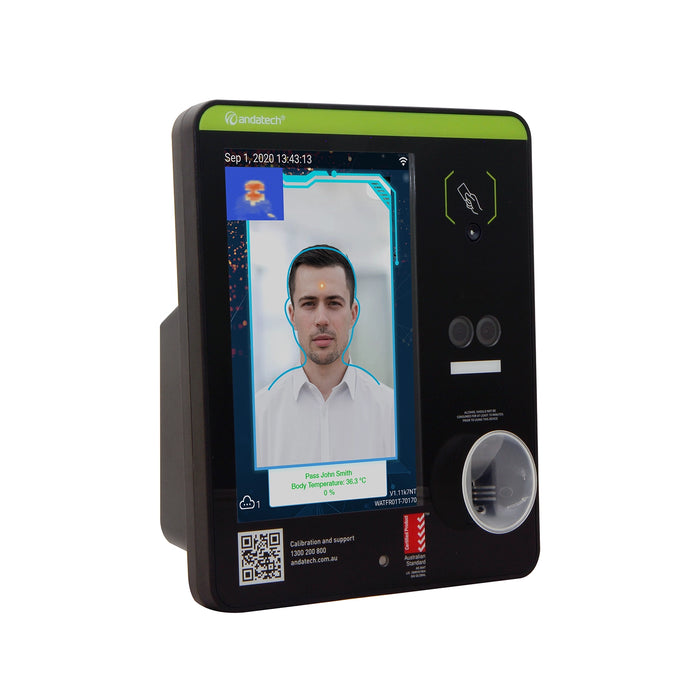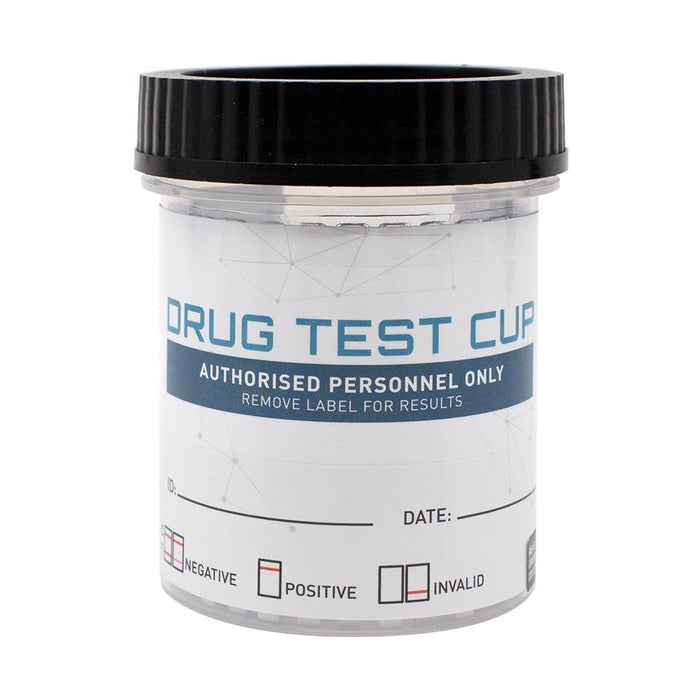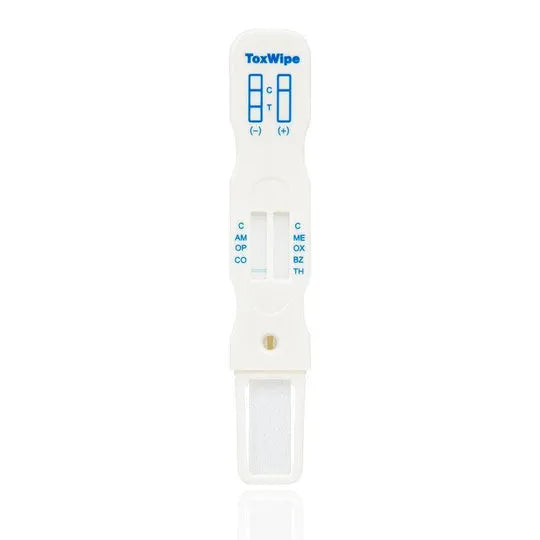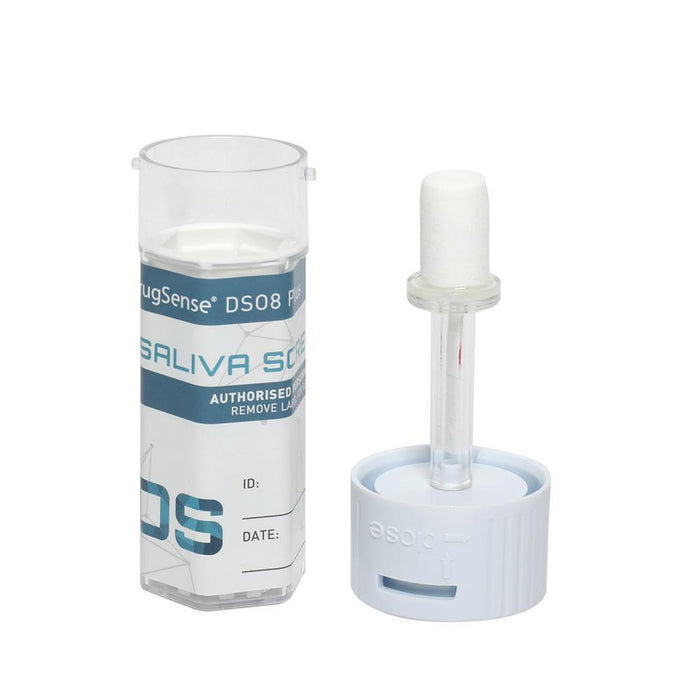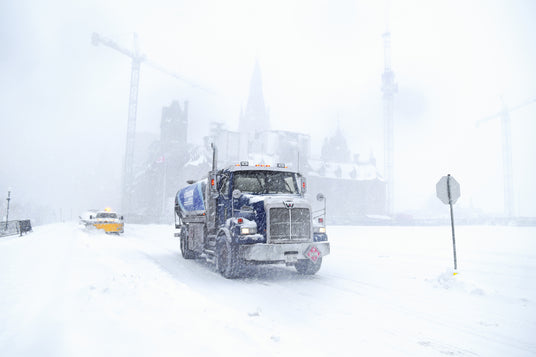
Take the next step to protect your drivers and business
Navigating compliance and safety in the transport industry can be complex — but we’re here to make it easier. Our free Transport Industry Drug & Alcohol Testing Checklist helps you build a clear, compliant, and practical testing program that works for your fleet, drivers, and policies.
Whether you're starting from scratch or reviewing an existing plan, this checklist gives you a solid foundation for safer roads and stronger risk management.
Our clients from the transport industry
Drug and alcohol testing in the construction industry: Frequently asked questions
Is workplace drug testing mandatory in the heavy vehicle industry?
Is workplace drug testing mandatory in the heavy vehicle industry?
No, workplace drug testing is not mandatory in the heavy vehicle industry.
However, drivers are subject to their employer's drug and alcohol testing policy as well as the policy of other companies when on their premises.
The Transport Victoria states that all workplaces within the industry develop a comprehensive alcohol and drug policy to help manage the risks associated with impaired driving.
Who should be tested in a transport business?
Who should be tested in a transport business?
Testing should cover all roles that influence safety, including:
- Drivers and operators
- Schedulers and dispatchers
- Loaders/unloaders
- Warehouse or yard staff (if applicable)
What types of tests are suitable for transport operators?
What types of tests are suitable for transport operators?
Transport operators commonly use:
- Breathalysers – For instant alcohol checks
- Saliva drug tests – Detect recent drug use (ideal for roadside-style testing)
- Urine tests – Broader detection window, often used in pre-employment or return-to-duty scenarios
Andatech supplies test kits that comply with AS 4308 (urine) and AS 4760 (saliva).
What are the consequences of failing or refusing a test?
What are the consequences of failing or refusing a test?
Refusing or failing a test is generally treated as a breach of company policy, and may result in removal from duty, investigation, or further disciplinary action.
The specific steps should be outlined in your business’s drug & alcohol policy.
What’s the legal blood alcohol limit for heavy vehicle drivers?
What’s the legal blood alcohol limit for heavy vehicle drivers?
In most states, heavy vehicle drivers are required to have zero BAC when operating vehicles.
However, in NSW, the BAC limit for heavy vehicle drivers (more than 13.9 tonnes) is 0.02, whereas Victoria has a zero BAC requirement.
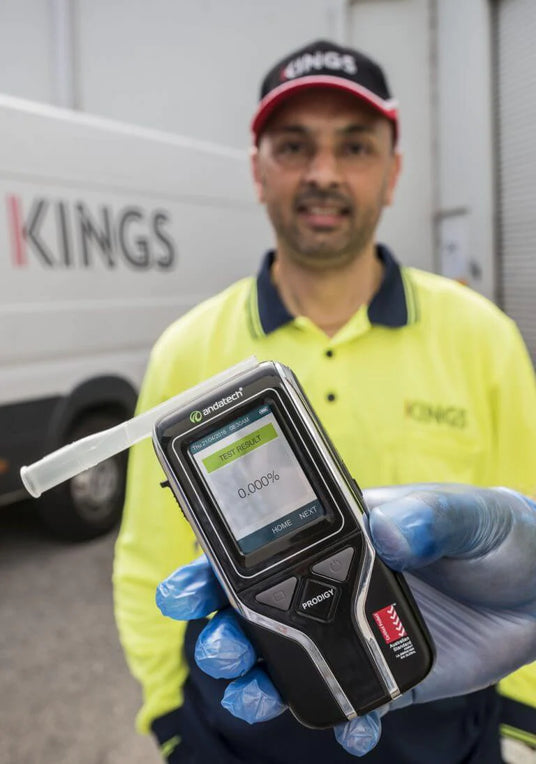
Case Study
Drug & alcohol testing an important safety regime at Kings Transport
Read more on how Kings Transport uses Andatech's breathalyser and saliva testing kits in a company-wide safety push, which has helped to cut its year on year lost time injuries by 20 per cent.

